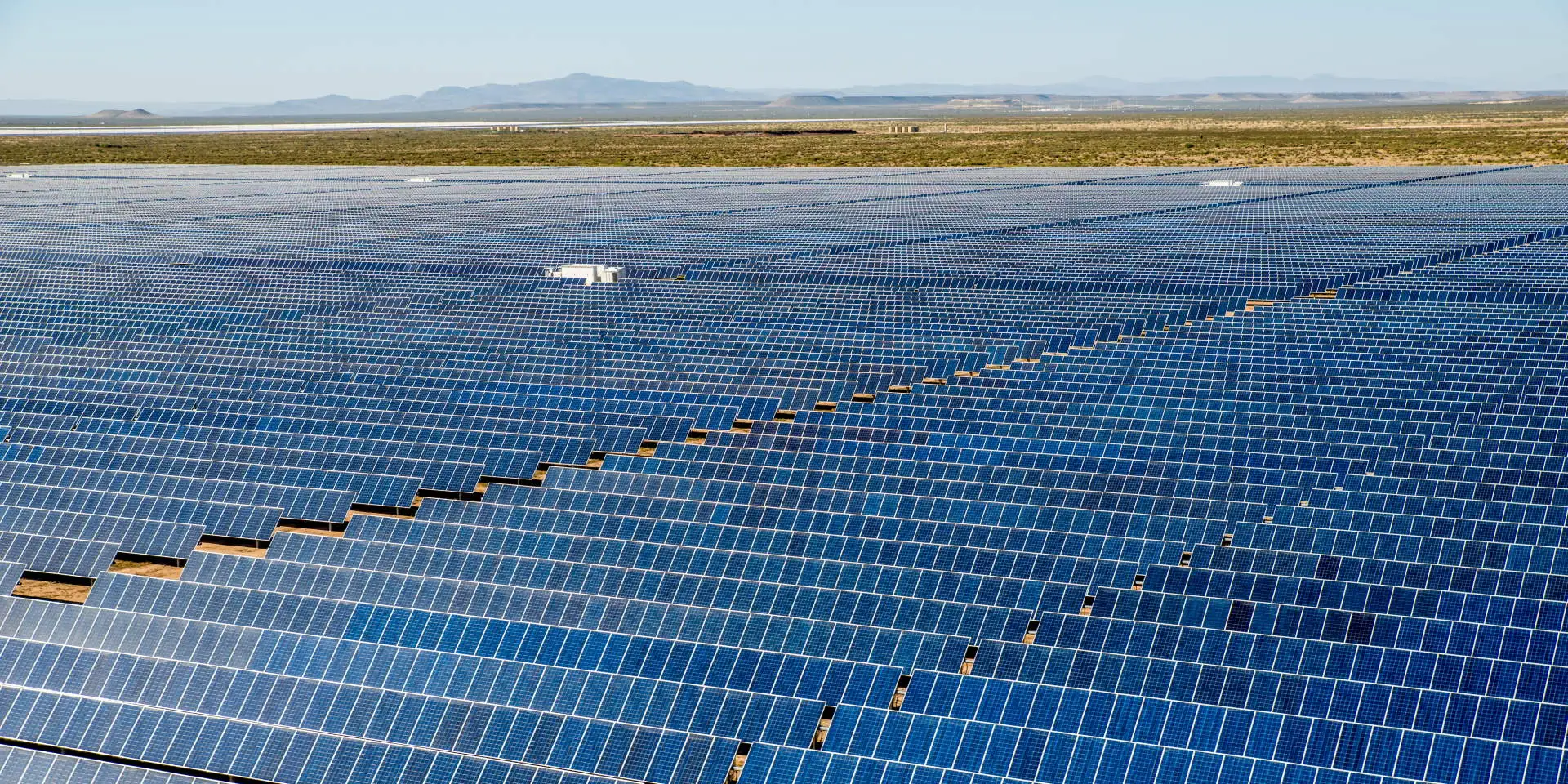- cross-posted to:
- [email protected]
- cross-posted to:
- [email protected]
Renewable Power Helped the United States Survive the Hottest Summer Ever::This summer, the United States endured the two warmest months ever recorded, yet the system held because of renewable energy.



Nuclear might have helped a bit more but yeah, glad renewable did something I suppose. The hotter solar panels get the less effective they are so not super excited for that one.
Nuclear would help it be really expensive. It doesn’t ramp up and down with demand.
Solar does plenty when the sun is out, even if the temperature means efficiency isn’t at its peak. In other words, you gain several fold for a sunny day, while losing a few percent due to heat. That pattern tends to correspond with AC usage, so it’s actually ideal.
I’ll keep it a buck with you, solar panels are more expensive relative to their energy output. I get solar and renewable energy is the dream for most but as someone unafraid of nuclear fission, the only dream for me is fusion. Widespread adoption and better batteries would make renewables better but from the information I’ve seen, nothing compares to nuclear power per kw/h. Not even all renewables combined on their best day.
And yet no one with money to invest in the energy sector is caring to put a dime into new nuclear. They looked at their options and picked the one that doesn’t have a long history of cost and schedule overruns.
And the overuse of materials for solar is going to drive up their price and repair costs but hey we’ll see
Which material do you think will be the limiting factor on photovoltaic production?
Perovskite.
Lol, no. Besides the fact that we’ve barely started scaled production of perovskite cells, and that we’re still working out their longevity issues, their main advantage is that the materials used are cheap and abundant.
Lol it’s a mineral that requires Titanium to form and last I checked that wasn’t cheap. Not only that, but every first person country all at once making Perovskite cells, it’ll end up like Lithium in time. But again, even now as they exist, they pale in comparison to what nuclear can produce.